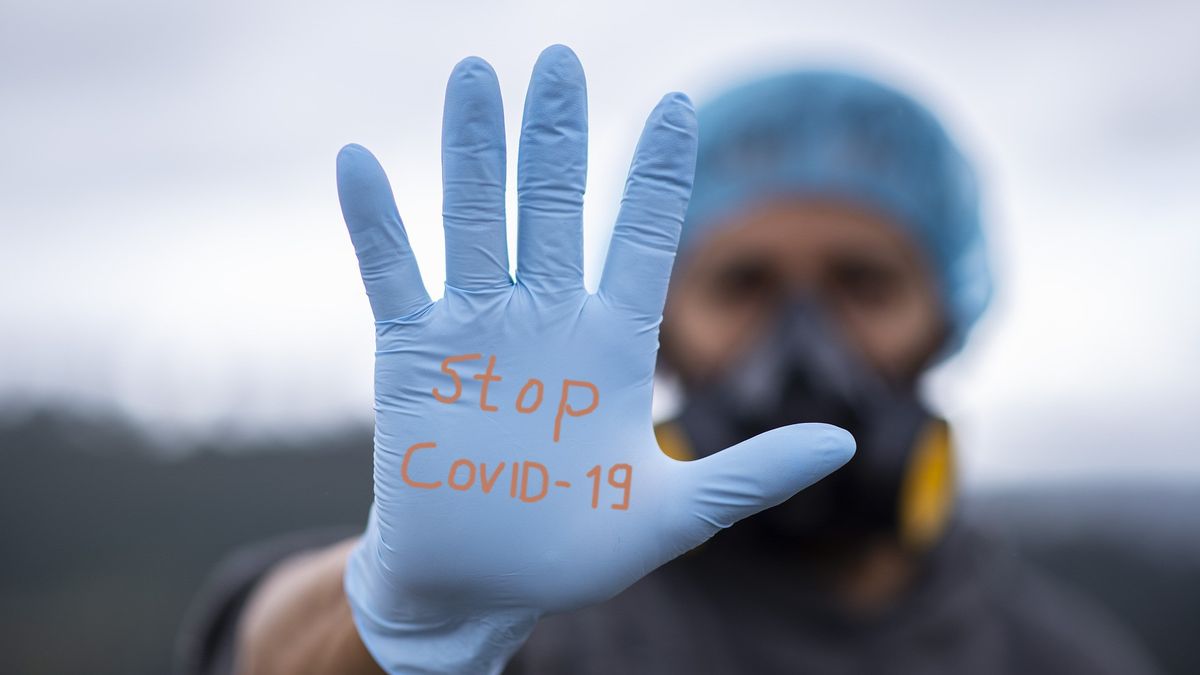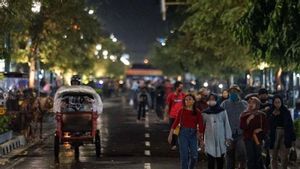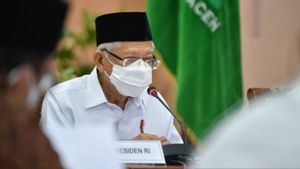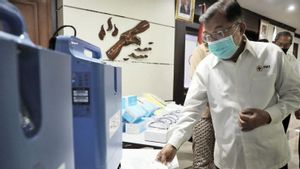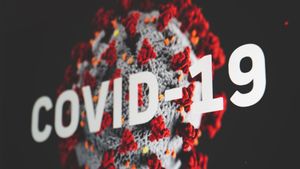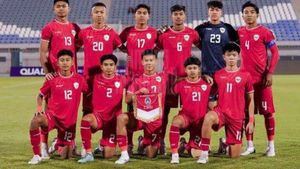JAKARTA - University of Indonesia (UI) Faculty of Public Health Epidemiologist Tri Yunis Miko Wahyono said the potential for a third wave of COVID-19 cases in Indonesia is quite large, but the number of cases is predicted not to be higher than the first wave.
"The first wave will be 18,000 in January 2021, let alone the second wave, the number of cases will reach 54 thousand. (The potential for the third wave) will be less than 5,000 cases," Tri said in a virtual discussion that was followed in Jakarta, Wednesday.
Tri explained that the potential for the third wave would appear if some people gathered together and did not wear masks. Many think that COVID-19 has slowed down and the potential for transmission will be reduced, so that not a few people ignore the health protocol.
SEE ALSO:
In fact, he said, the pandemic is still ongoing and joint awareness is needed in breaking the chain of transmission. The most important thing is not to take it lightly despite getting two doses of vaccination.
"It's proven in countries in Europe that explode again (contagion rates) such as in the UK, France, now increasing again," he said.
Another condition that can cause the third wave to occur is high mobility during Christmas and New Year. High mobility while on vacation is not accompanied by compliance with implementing procedures. Christmas and New Year's often lead to a rise in cases in January.
"Now you have to be careful, crowding. Mobility, you can go anywhere as long as there are no crowds," he said.
Not only that, another factor that can affect the spike in cases is the relaxation of the PPKM, which seems rushed, thus making people's mobility significantly increase. Then, he said, must be aware of the Delta subvariant AY.4.2. already detected in neighboring countries; Singapore and Malaysia.
"Then our surveillance is not good or not able to catch the real case. So the real case was probably reported two days ago. Actually (the number) is more than that because all regencies/cities want level one," he said.
To prevent a third wave or spike in cases, he said, there are a number of ways, such as making local regulations regarding the obligation to wear masks and not crowding, improve surveillance and not rush into relaxation, to legal approaches to make people obey the prokes.
"Our culture quickly forgets. People have forgotten when they heard about the death due to COVID-19, Indonesians quickly forget it. Then wearing masks among artisans, in the market, both sellers and buyers, is lacking," he said.
The English, Chinese, Japanese, Arabic, and French versions are automatically generated by the AI. So there may still be inaccuracies in translating, please always see Indonesian as our main language. (system supported by DigitalSiber.id)
